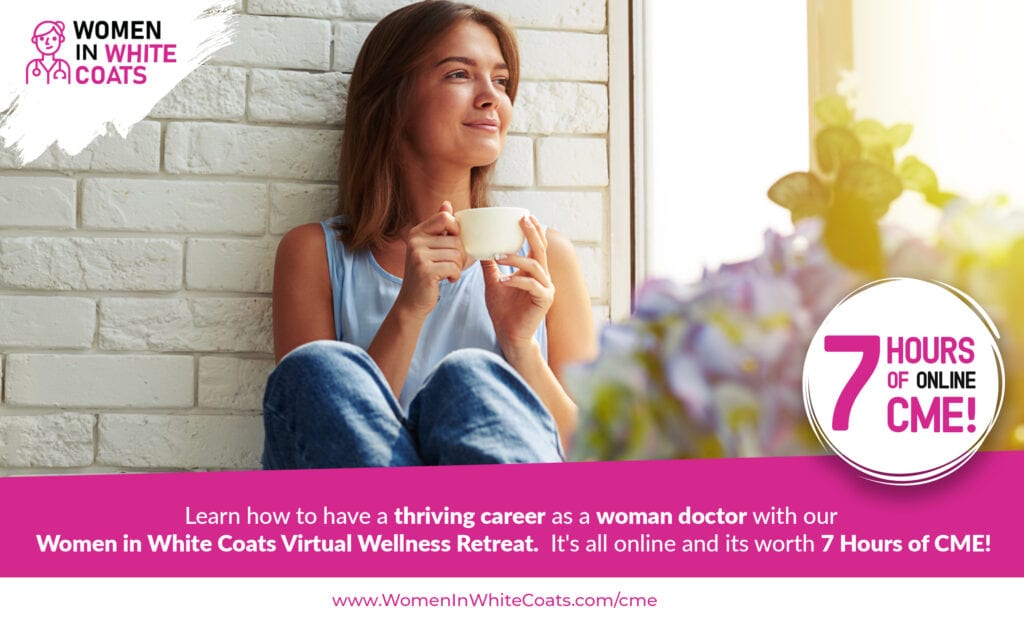Growing up in rural Mississippi I knew all too well how hard it can be to find a hospital. The closest hospital from where I lived was 19 miles away. This made it difficult to access healthcare for me and my family. Similar to me, this is common in rural areas like where I grew up; usually the nearest hospital for rural Americans is on average 10.5 miles away from where they live according to Pew Research Center. Just like many of these rural hospitals, our local one was limited and did not provide critical care, OB, or cancer services. So, when my grandfather was diagnosed with cancer when I was 14 years old, we had to travel over 40 miles for his care.
Those long trips were fascinating to me as I got the chance to see areas I never would have traveled to. As we waited in the hospital room where my grandfather received care, I would look at the adults’ faces and hear their soft spoken conversations. I would also observe the many nurses and doctors that would go in and out of his room reviewing monitors and hanging bags of medicine along with reviewing charts. I wanted to know what all of that meant – the medical jargon, the medications, the beeps of the machines. I found it interesting when we’d get home hearing my family discuss all that had happened regarding my grandfather’s care. Among these conversations was still a sense of not understanding all that had happened in the many discussions we had with my grandfather’s medical team. I found earlier in my life the disconnect between medicine and the patients who are being cared for. Through this experience, I decided I wanted to become the much needed medical translator for patients like my grandfather. I decided I would become a doctor so I could learn what it all the medical jargon meant, provide care to people when they were sick, and support their families. My goal was set as I aimed to educate people about their health and look at ways of explaining health so that it would make more sense than what my family seemed to receive during a very difficult time in my grandfather’s life.
Not knowing all that would be ahead of me, I began my journey towards medicine at Spelman College. My experience in Atlanta afforded me the opportunity to volunteer with various health organizations and learn about the urban underserved. With having the personal rural underserved experience and witnessing the urban underserved experience, I knew I wanted to work for the underserved. Therefore,I applied and was awarded the National Health Service Corp Scholarship. By accepting the award, I affirmed my commitment to provide care in an underserved area upon finishing medical school. As I continued on my journey, the University of Tennessee provided me excellent training in both urban and rural areas. It was definitely the right fit for me to be well prepared to fulfil my goals for why I became a doctor.

During my last year of residency, my husband relocated to Charlotte once he found a great job opportunity. The pressure was on for me to find a clinic that fit the criteria of fulfilling my scholarship commitment with the National Health Service Corp. Thankfully, I found a federally qualified community health center (FQHC) with the criteria I needed about 50 miles from where my husband and I were living. It was in a rural town in South Carolina that reminded me of home…except it actually had a red light and a clinic in it.
Now almost 9 years later, I have spent much of my medical career becoming a part of a community where I have been affectionately loved not just as a doctor but as a daughter, granddaughter, and friend. While it took time to establish that trust, taking time with my patients to listen, accommodating a sick family member without a scheduled appointment, and doing follow up calls after and between visits has been a joy to me. I want my patients to not only know but also be able to see that I am truly there for them. It’s that true sense of the doctor-patient relationship and the opportunity to now work administratively as Chief Medical Officer in which I am able to impact practice policy and training of our clinicians. This is what makes each 50 mile drive so worth it. Each day reminds me of how the loss of my grandfather guided me to my purpose in choosing medicine.
Dr. Crystal A. Maxwell, MD is a Family Medicine practicing in South Carolina. You can follow her on twitter at #MaximizingLIGHT.
To hang out more with the amazing women doctors you hear from on our site, check out the Women in White Coats Doctors’ Lounge, our virtual doctors’ lounge created JUST FOR WOMEN DOCTORS. Its an exclusive membership area meant to empower and support you throughout your career. Inside our Doctors Lounge you will gain access to webinars from experts on topics relevant to women doctors, discounts on our online CME courses and special invitations to member-only events. To become a member click here.





How inspirational! Thank you for sharing your experience and your “why” with us.
Great article! It’s nice to know there are some doctors that still care about their patients and they are not just a number.